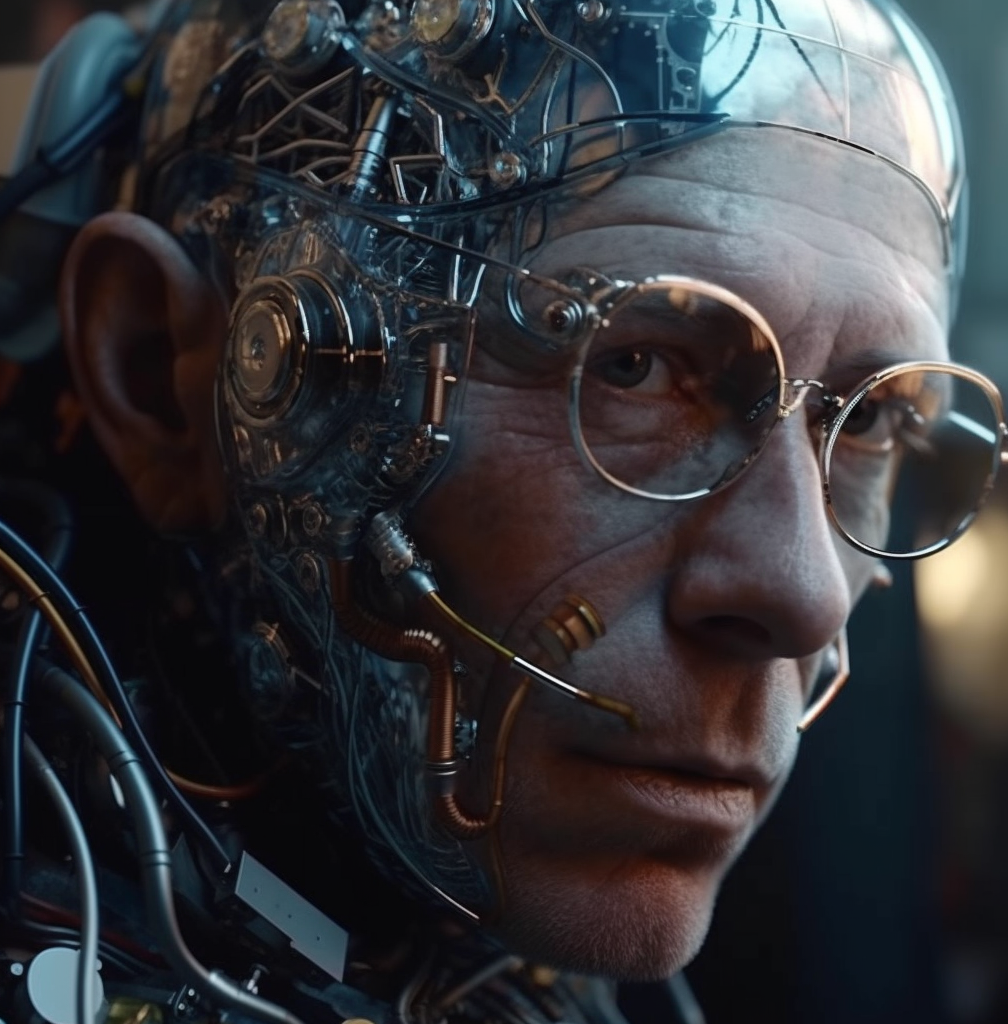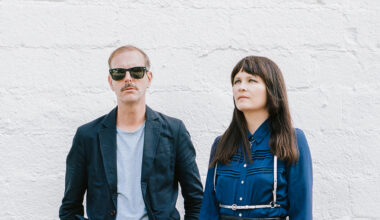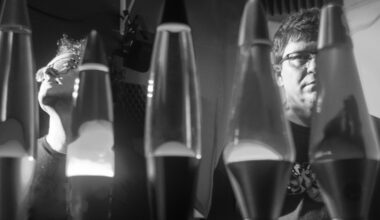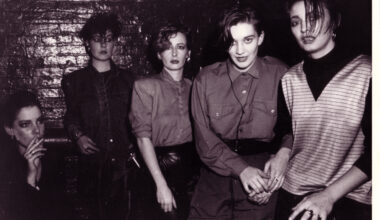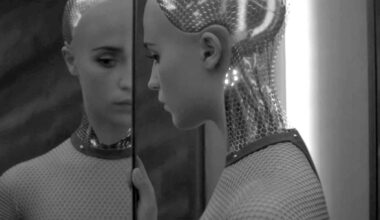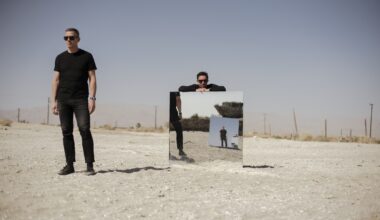From legendary collaborations with Kraftwerk to his current Transhuman Art Critics project, renowned German artist and futurist Emil Schult is still beaming himself forwards through space and time
Want to read more?
Sign up to Electronic Sound Premium to gain access to every post, video, special offers, and more. 100%, all you can eat, no commitment, cancel any time.
Already a premium member? Log in here
